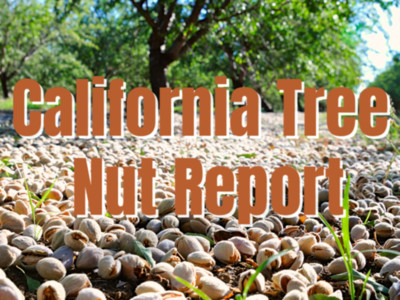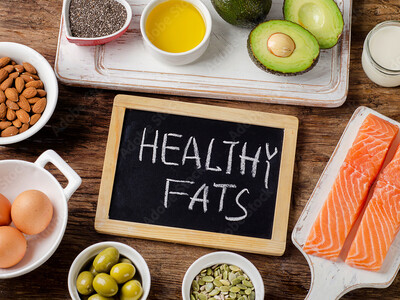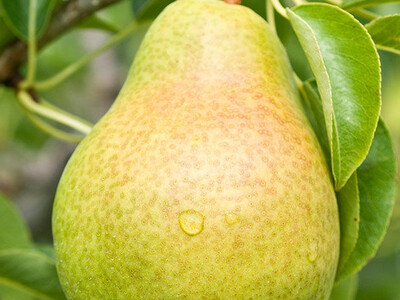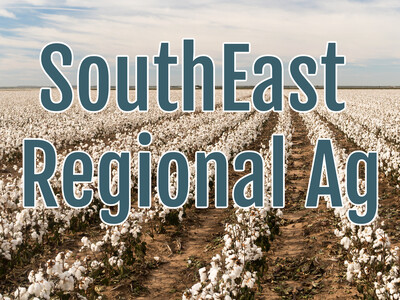Salmon Recall & Russia Making Some Import Changes
Salmon Recall & Russia Making Some Import Changes plus Food Forethought. I’m Greg Martin with today’s Northwest Report.
Russia has been making some changes when it comes to agriculture and therefore has not been buying as much U.S. meat. However according to U.S. Minister-Council in Moscow, Scott Reynolds they are buying more livestock and genetics.
REYNOLDS: The government has decided to invest some of this money into becoming more self-sufficient, even in meat production. It’s a lot easier for the companies, American companies who a selling live cattle, cattle genetics, embryos, semen, hatching eggs. That’s another area of growth.
The reason is that with high oil and commodity prices right now, they have more money to spend.
A Chicago based company is recalling over 8000 packages of their Vita Classic Premium Sliced Smoked Atlantic Nova Salmon. The product could be contaminated with Listeria monocytogenes, which can cause fatal infections in children, the elderly, and people with weakened immune systems. The salmon was sold at Safeway stores in Oregon, Washington and Idaho. The sell by date and code of DEC 15 2011 01961B is on the packages.
Now with today’s Food Forethought, here’s Lacy Gray.
The newest study reveals that rural residents eat fewer fresh fruits and vegetables than their urban counterparts. That caught me by surprise. One would definitely have thought it to be the other way around; with the general consensus being that those consumers who live closer to where fruits and vegetables are grown would by all rights eat more of them. This upside down fruit and vegetable cart however seems to be the norm in over thirty-seven states. According to the study’s lead researcher it all boils down to access and cost, stating that “you could be a rural person living next to a huge farm that produces fruits and vegetables and not have the means to buy them.” But once again you have to wonder how it was determined that rural people eat less fresh produce? Was it based on the amount purchased at a supermarket; not taking into account that in rural areas fresh produce is often purchased at farmers’ markets or roadside stands, or perhaps even acquired from family and friends gardens? Also, for several living in rural areas self canned produce is the norm, providing families with fruits and veggies well into the off season.
Thanks Lacy. That’s today’s Northwest Report. I’m Greg Martin on the Ag Information Network.














